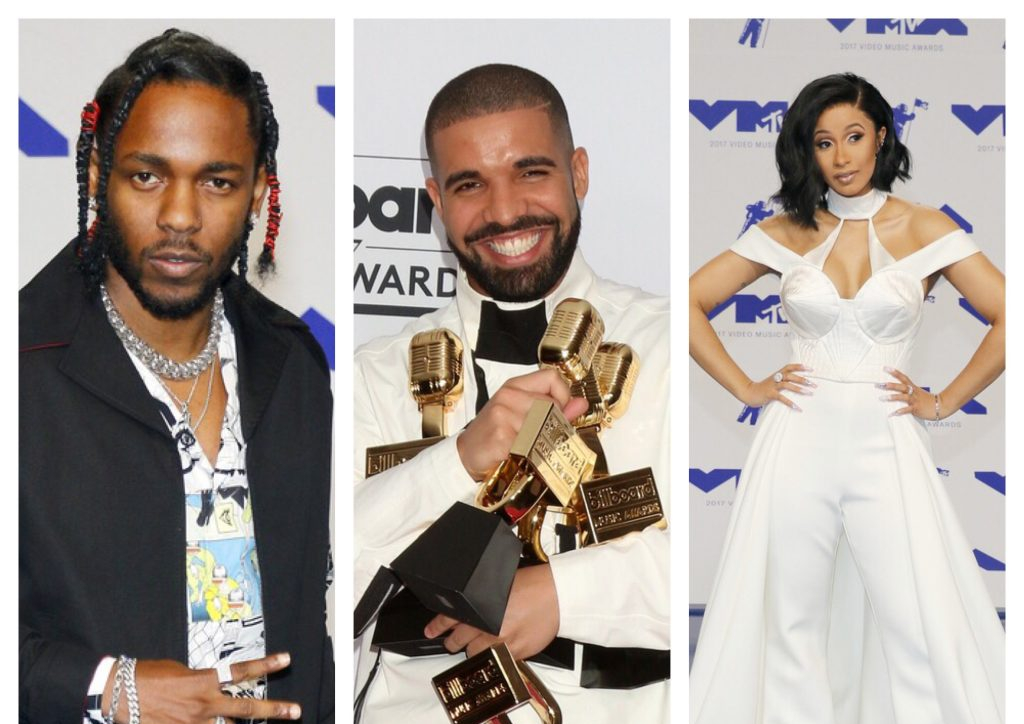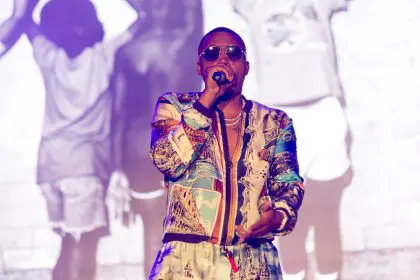SEO Meta Description:
The escalating legal dispute between Drake and Kendrick Lamar: What it means for music
The feud between Drake and Kendrick Lamar, two of hip-hop’s biggest names, has long been a source of public fascination, with diss tracks and back-and-forths energizing fans. However, recent developments have taken the rivalry into a much more serious domain: the courtroom. This legal battle now involves the two artists, Universal Music Group (UMG), and streaming giant Spotify, and it could have lasting effects on the entire music industry. Here’s a breakdown of what’s at stake and what the outcome could mean for artists, fans, and the music business as a whole.
A long-standing rivalry between two hip-hop giants
Drake, whose real name is Aubrey Drake Graham, and Kendrick Lamar Duckworth have been at the center of a heated rivalry for years. Their competitive relationship has fueled public disputes and sparked numerous diss tracks, with each artist taking jabs at the other in their music. While their feud has been a source of entertainment for fans, it is now shaping up to be a legal matter, as the two are at odds over issues involving their contracts, promotional deals, and the streaming industry.
The current legal battle adds a new layer to the rivalry, moving beyond the personal insults and becoming an industry-wide issue. Legal filings have indicated that the dispute has broader implications related to how streaming platforms and record labels handle artist compensation, royalties, and promotional arrangements. What started as a public feud could change the way the music industry operates on a global scale.
The role of Spotify in the legal conflict
Spotify, the world’s largest music streaming platform, finds itself at the center of this dispute, despite attempting to remain neutral. According to filings obtained by USA Today, the streaming service has argued that it is a “stranger” to the legal conflict and is only involved in a few of the claims made by Drake. One of the main allegations involves Spotify agreeing to promote Drake’s track “Not Like Us” in exchange for a lower royalty rate, a claim the company firmly denies. Spotify asserts that it has no evidence to support such an agreement and dismisses it as mere speculation.
The streaming service is distancing itself from accusations made by Drake’s legal team, arguing that the artist’s claims are unsupported. However, Drake’s legal team, led by the prominent firm Willkie Farr & Gallagher LLP, has expressed disbelief at Spotify’s stance. They argue that if the company and UMG truly have nothing to hide, they should comply with Drake’s request for pre-action discovery. This process is designed to gather evidence that could help substantiate the claims of unlawful behavior and unfair business practices.
UMG’s firm denial of any wrongdoing
Universal Music Group (UMG), one of the largest record labels in the world, is also at the heart of the dispute. The company has rejected the allegations made by Drake, particularly the idea that it is manipulating streaming numbers to benefit its artists or that it is engaging in unethical promotional tactics. UMG has asserted that its promotional practices are in line with industry standards and that it operates with the utmost transparency and fairness.
The label has also pushed back against claims that it is undermining the careers of its artists. UMG’s legal team insists that it remains committed to ethical practices in the music industry and that the success of any track is ultimately determined by listener demand. This statement directly counters Drake’s assertions that the label and Spotify have engaged in unfair business practices to skew streaming numbers and manipulate royalty rates.
The potential ripple effects on the music industry
While this legal dispute is currently centered around two of hip-hop’s biggest stars, it carries far-reaching implications for the music industry as a whole. If Drake’s claims are proven true, it could set a major precedent for how streaming services and record labels negotiate and structure their deals with artists moving forward. Streaming services like Spotify have become the dominant method by which people consume music today, and any changes to how these platforms handle royalties or promotional arrangements could reshape the industry.
Artists have long expressed concerns about the fairness of streaming royalties, with many arguing that they are not compensated adequately for the success of their music on these platforms. If the case uncovers any instances of unfair practices or manipulative agreements between streaming services and record labels, it could lead to a re-examination of how these platforms operate and how artists are compensated for their work.
This battle could also prompt changes in the way record contracts are structured. For years, artists have raised concerns over the fine print of their deals with major labels, often claiming that they are at a disadvantage when it comes to royalty rates and promotional opportunities. If the case shines a light on these issues, it could lead to new industry standards that ensure fairer treatment for artists across the board.
What’s next for Drake, Kendrick Lamar, and the music industry?
As the legal proceedings unfold, both fans and industry insiders are watching closely. The outcome of this case could have significant consequences for the music business, particularly for how artists negotiate with labels and streaming services. Whether or not this legal battle leads to meaningful changes in the industry, the stakes are undeniably high.
Given the increasing dominance of streaming platforms in the music industry, any policy changes or new practices that emerge from this case could have a profound impact on how artists are compensated and how music is consumed worldwide. For now, the legal fight between Drake, Kendrick, UMG, and Spotify continues to captivate audiences, with many wondering whether it will ultimately lead to greater transparency and fairness within the music industry.
Conclusion: Will the feud change the music industry?
The ongoing legal battle between Drake, Kendrick Lamar, UMG, and Spotify highlights some of the most pressing issues in the modern music industry. As artists fight for fair compensation and transparency in the streaming world, this case could set important precedents for how streaming services and record labels operate moving forward. While the outcome is still uncertain, it’s clear that this legal dispute is about more than just two artists—it could fundamentally reshape the industry for years to come.
















